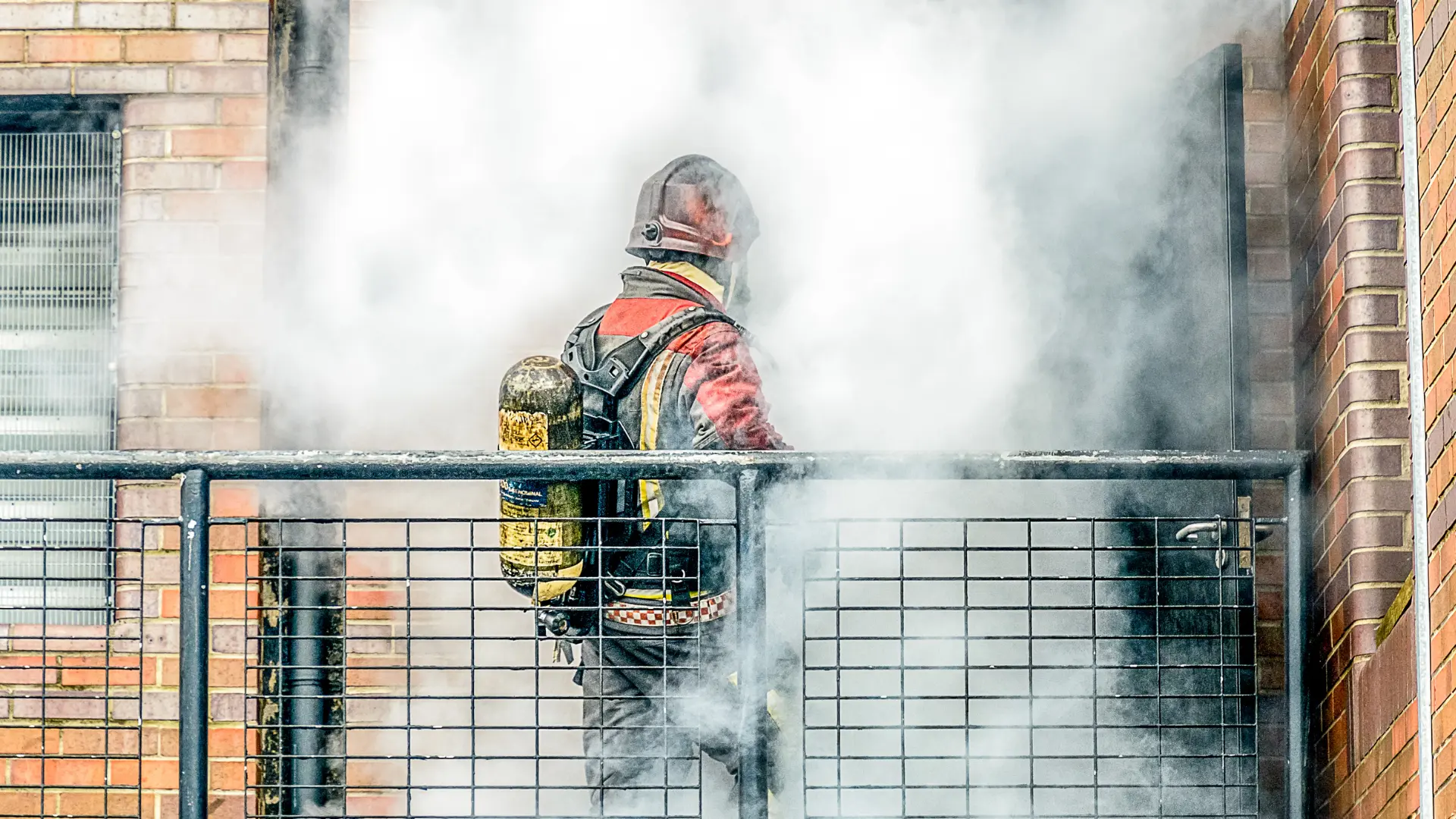Securing a job as a firefighter can take many attempts but brings huge rewards. From forging deep bonds with your watch to experiencing a varied and worthwhile career helping people. You'll control and put out fires, as well as rescue people, property, and animals from floods, fires, and car accidents.
Find out how to become a firefighter.
Key facts
- The minimum age is 18 years for operational firefighters.
- Average salary: £24,191 to £32,244.
- Typical hours per week: 41 to 43.
- You may be required to work evenings, weekends and bank holidays.
- Women in England make up between 5% to 7% of the operational workforce, women are encouraged to consider fire service careers.
Different routes to become a firefighter
While personal qualities and physical attributes are key, academic qualifications may increase your prospects. Pursuing a vocational qualification will offer significant advantage in this competitive area. See below to find out about the different routes you can consider:
Recruitment and application process
The recruitment process generally runs within the order of the below steps:
- Step 1: Expression of interest
- Step 2: Taster day
- Step 3: Application form
- Step 4: Behaviour-based psychometric assessment
- Step 5: Bleep test
- Step 6: Functional skills test
- Step 7: National Firefighter Selection Test
- Step 8: Assessment centre
Find out more about the recruitment process and application form below:
We hope this has helped you understand how to become a firefighter. It is an extremely rewarding vocation where no two days are the same. As well as helping people when they need it most, you'll receive competitive entry-level salary and benefits compared to many other career options. The attractive support, training, and career development structures offer lifelong opportunities. And whilst you will need to be determined, the potential rewards make it worthwhile.



